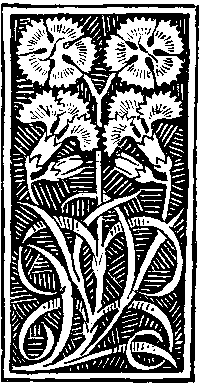Neo-Victorian Naughty Children:
Double Narratives, Struwwelpeter and (Mis)Reading Misbehaviour
Keywords:
children, disorder, Gillespie and I, Gothic, Heinrich Hoffmann, misbehaviour, monstrosity, neo-Victorian, 98 Reasons for Being, StruwwelpeterAbstract
This essay enters into a recent debate in neo-Victorian criticism, namely the problematic representation of children in literature. In my analysis of Clare Dudman’s 98 Reasons for Being (2004) and Jane Harris’s Gillespie and I (2011), I explore the issues of voice(lessness) and (unreliable) narration in relation to neo-Victorian re-constructions of disorder, (mis)behaviour, childhood, and the figure of the naughty child. The notion of neo-Victorianism’s double nature provides the point of departure for my discussion, in which I extend the idea of ‘double narratives’ to notions of the Doppelgänger, fragmented fictions and split selves, which lay bare the genre’s strong connection with the Gothic. Furthermore, I illustrate how the world-famous book of children’s rhymes, Struwwelpeter (1844), haunts both narratives to a strikingly Gothic effect


